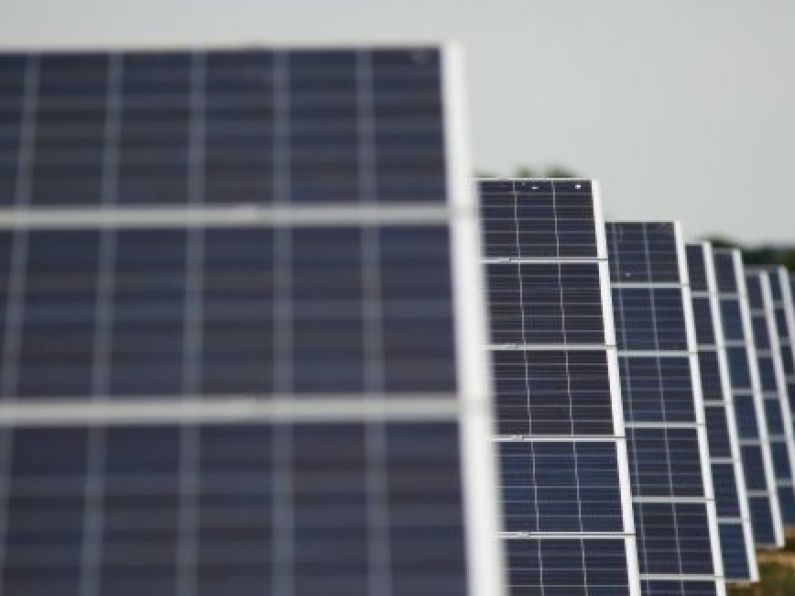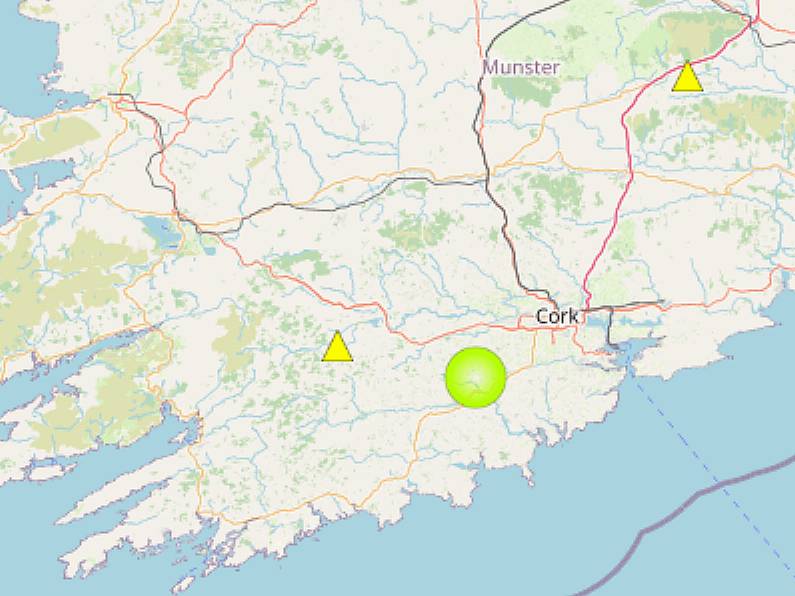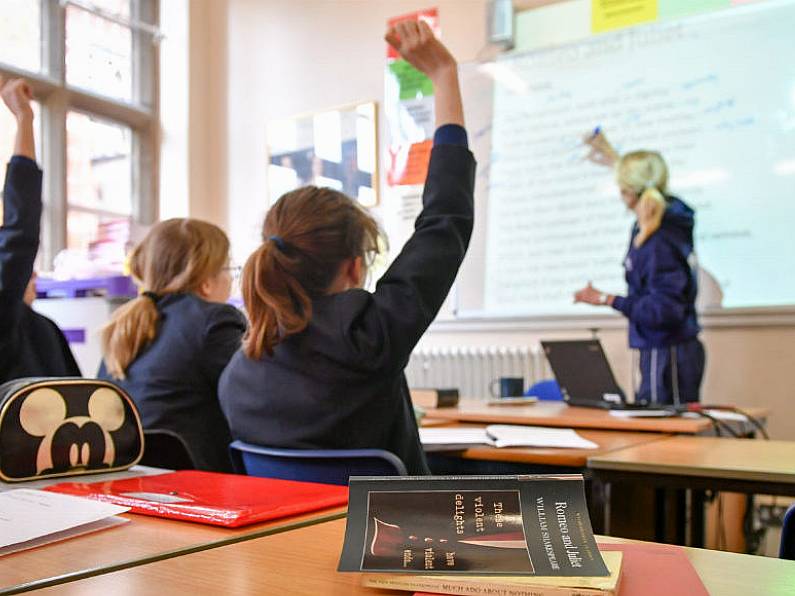Anna Hirtenstein and Eamon Quinn
Private firm Anesco is building a hybrid solar and battery facility in Milton Keynes in England with its own capital, using no govenment subsidy. It’s just one of about 15 photovoltaic projects under way from the UK to Italy that aren’t relying on subsidies to make a profit.
European nations are leading the way because they were among the first to back solar farms with above-market power prices and tax breaks in the early 2000s. That triggered a global manufacturing boom and 80% plunge in the cost of installing photovoltaics. Now, governments are cutting incentives as prices drop.
[quote]The change has come about because many governments believe that support is no longer necessary for the mature technologies which have seen significant cost reductions[/quote]
- said Michelle Davies at law firm Eversheds Sutherland
In Germany and Spain, incentives in the form of feed-in tariffs for solar electricity made it easy to anticipate how much each project would earn. Their costs are low enough that they can profit from selling power at the market price or by arranging long-term power-purchase agreements, or PPAs, with big industrial consumers. Seeking a greener energy footprint, companies from AT&T to Facebook and Apple have been prominent buyers of PPAs. Those arrangements are used as security for banks lending money for construction costs. “Corporate PPAs will be a key tool,” said Matt Setchell, head of energy at Octopus Investments, a renewables investor in London. “Clearly subsidies aren’t going to be around forever.”
Meanwhile, in Ireland, Statkraft, which is owned by the Norwegian government, yesterday said it had entered the market here after clinching a PPA deal with Castledockrell, a 41.4 Mw wind farm, for seven years. “The capacity of wind generation is projected to increase significantly in Ireland and this is expected to amplify the need for enhanced balancing and trading services to manage this [balanced generating] risk effectively,” it said. Statkraft is working with Captured Carbon Limited (CCL) to link to customers and service the contracts in Ireland. CCL’s Duncan O’Toole said: “Statkraft’s market entry into Ireland will bring about increased competition and offers increased value to participants in the wholesale electricity market.”
Bloomberg/ Irish Examiner






